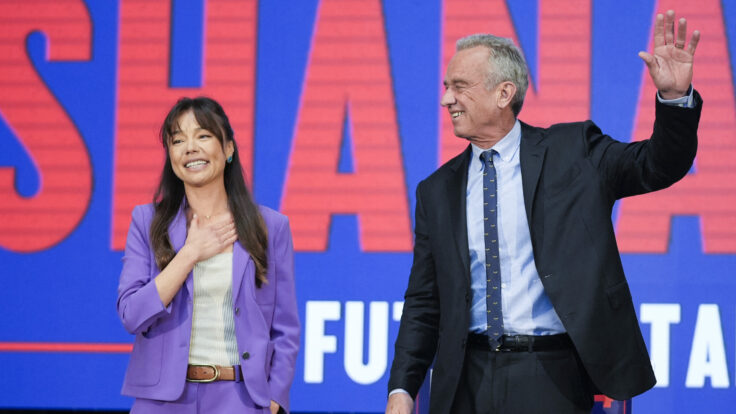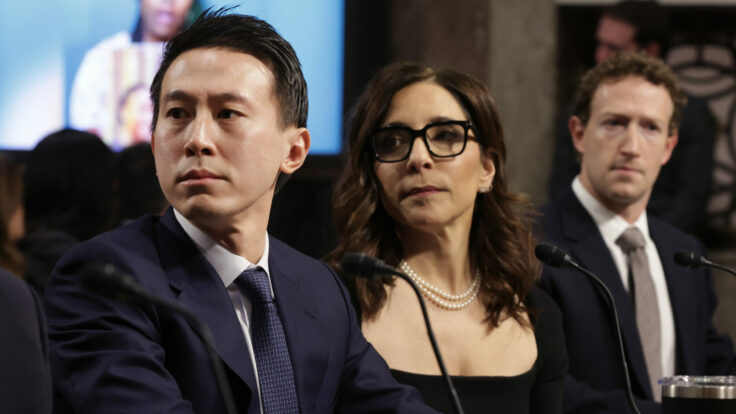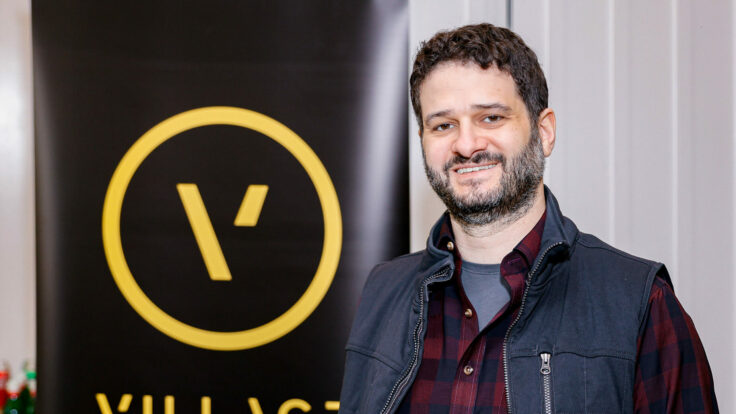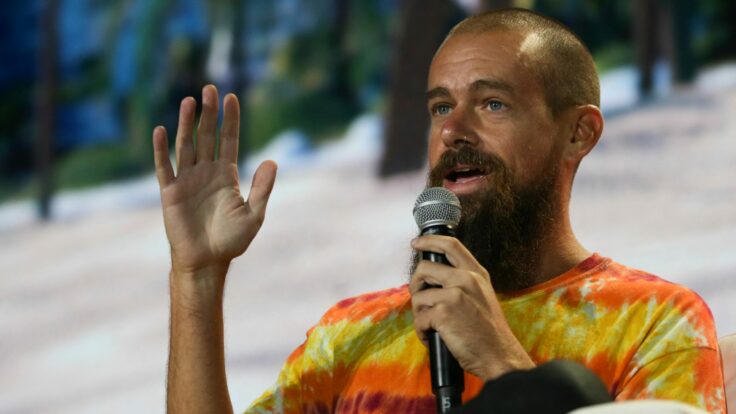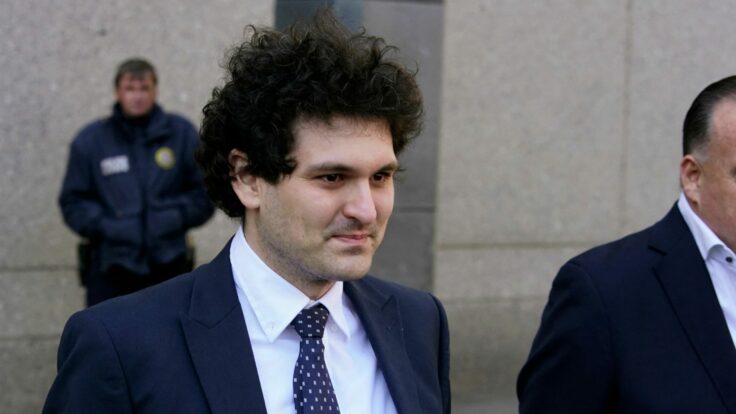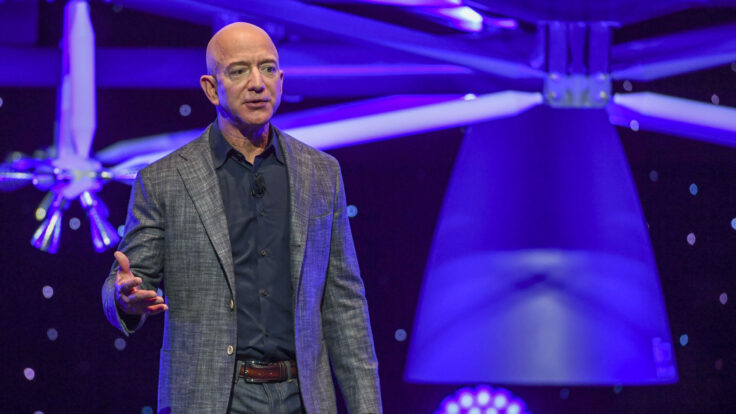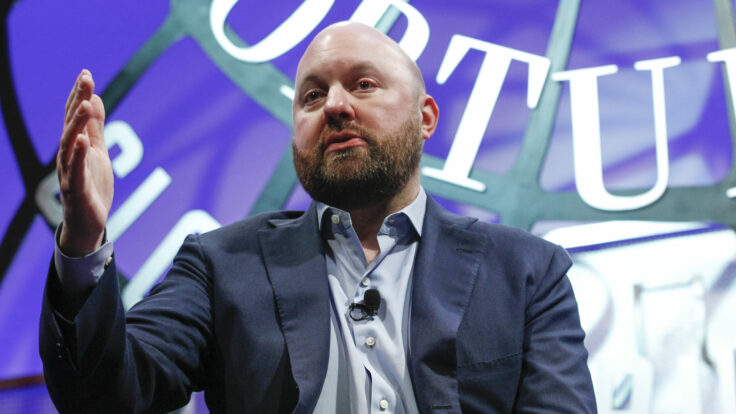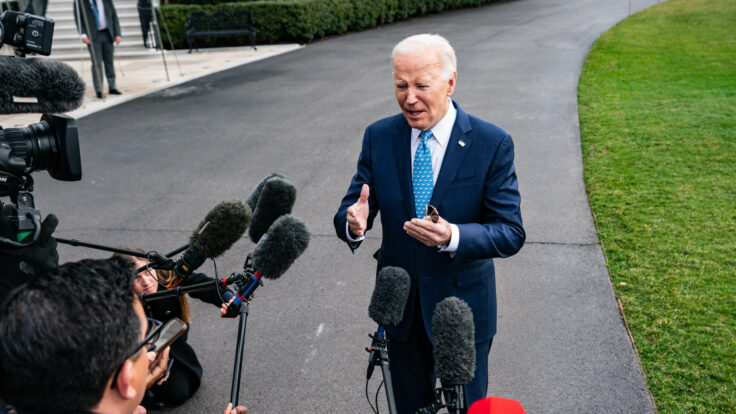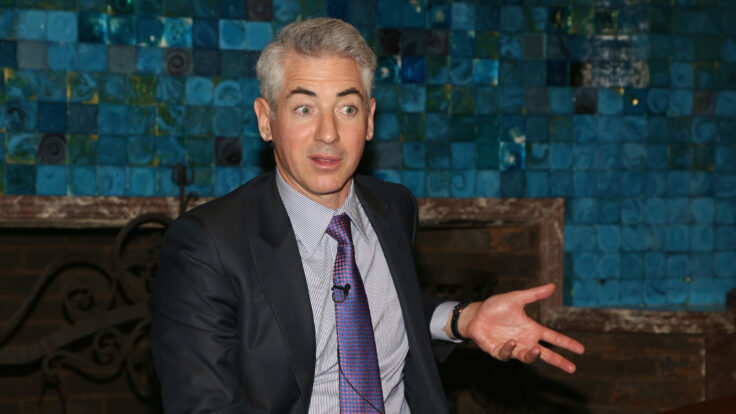What do you get a 1-year-old for their birthday? A smash cake? Some learning blocks? A party that’s allegedly for the kids, but really for the parents who sneakily moved their wine threshold to midafternoon? What if that 1-year-old weren’t a human child, but instead a generative A.I. chatbot that’s already consumed terabytes of information and whose parent company has set off an arms race to plug large language models into nearly every aspect of the tech industry? Would you gift it more capabilities? Increased regulation? What about a new C.E.O. who’s actually the old C.E.O. in the fastest executive reinstatement in Silicon Valley history?
This past week marked one year since OpenAI’s launch of ChatGPT. When I wrote my first piece about the technology, in December 2022, most of the perils I considered were speculative—the displacement of knowledge workers, I.P. challenges associated with training models on publicly available but privately owned data, and the implications for human capital and creativity. Now, these impacts are coming to pass. ChatGPT, which used to “hallucinate” its responses and couldn’t cite its sources, has quickly grown up. And the technical advancements of the platform, which has soared to 100 million weekly users, isn’t even the biggest part of the story.









